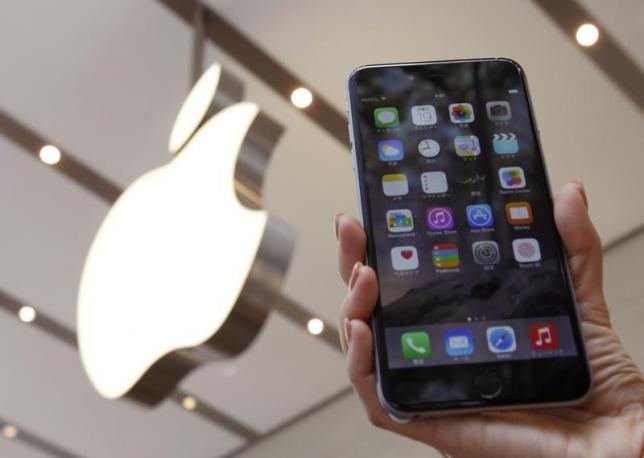If Apple complied with the FBI's demand to unlock terrorist's iPhone, persecuted Christians could be harmed, warns IT expert

Apple is currently figuring in a conflict with the FBI over the agency's request to create a backdoor to the iPhone in order to unlock possible evidence from a dead terrorist's iPhone 5C, but one Christian IT expert says there's more to think about than may initially meet the eye.
In a post on the website of the Southern Baptist Convention's Ethics and Religious Liberty Commission, Taylor Barkley says Christians need to take into consideration the potential impact on the security of persecuted Christians around the world who rely on the iPhone's encryption technology for their safety.
Apple CEO Tim Cook recently released a statement in response to the FBI's request, explaining why the tech giant is unwilling to unlock the iPhone of San Bernardino shooter Syed Rizwan Farook, who together with his wife was responsible for the murder of 14 people in the Californian city last December.
The FBI asked for Apple's help to bypass the phone's passcode security feature to access data that is believed to be missing from October 2015 up to when the crime was committed. Apple initially furnished the FBI with records from the terrorist's iCloud but authorities believe there is still crucial evidence to be found in the phone.
While it seems that the request is pretty simple and the government is assuring that the technology will only be used for a single unit, Apple is concerned about the cybersecurity implications.
"We have great respect for the professionals at the FBI, and we believe their intentions are good. Up to this point, we have done everything that is both within our power and within the law to help them. But now the U.S. government has asked us for something we simply do not have, and something we consider too dangerous to create. They have asked us to build a backdoor to the iPhone... In the wrong hands, this software — which does not exist today — would have the potential to unlock any iPhone in someone's physical possession," Apple said.
Apple argued that insecurity for one means insecurity for all and it is concerned that creating a backdoor into people's devices essentially means that the encryption technology will be nullified for every iPhone user.
Barkley, of George Mason University, echoes Apple's fears that the software to break into Farook's phone could end up in the wrong hands if someone on the inside leaks it.
And aside from the protection of data in millions of iPhones around the world, persecuted Christians who rely on their iPhones to secure their data for their missions could be endangered without strong information security, said Barkley in his post.
"When considering this issue we must take into account not just the terrible tragedy and families affected by the December attack, but also the further ramifications of security in this information age," he writes.
"This is not an isolated case free of international or future ramifications. Lives everywhere, including those of persecuted Christians who use iPhones and other encryption serves to protect their missions, may be at risk now and in the future without strong information security. It as an issue for all the Church to consider prayerfully and carefully."











